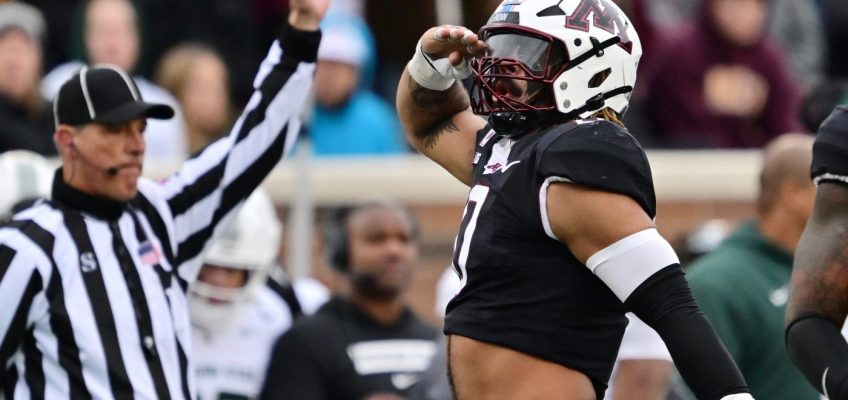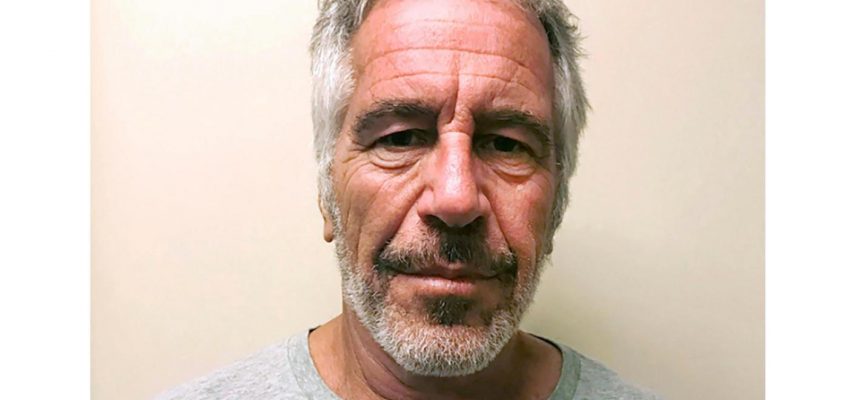By DEE-ANN DURBIN
The Campbell’s Co. said Wednesday it has fired an executive who was recorded making racist comments and mocking the company’s products and customers.
Related Articles
Trump administration orders 500 more National Guard troops to DC after shooting of soldiers
College basketball player in Oklahoma dies after being injured during game
Scientists capture the crackling sounds of what they believe is lightning on Mars
Feast on sports week: what to watch during Thanksgiving Week
National Parks to raise fees for international tourists to popular US parks
Martin Bally, a vice president in Campbell’s information security department, was named in a lawsuit filed last week by Robert Garza, a former Campbell’s employee who said he was fired Jan. 30 after he reported Bally’s comments to a supervisor.
The lawsuit was filed in Michigan, where both Garza and Bally live. Campbell’s is based in Camden, New Jersey.
In the lawsuit, Garza claimed he met with Bally in November 2024 to discuss his salary. During the meeting, which Garza allegedly recorded, Bally described Campbell’s as “highly process(ed) food” and said it was for “poor people.”
Garza claimed in the lawsuit that Bally made racist remarks about Indian workers, whom he called “idiots.” Garza said Bally also told him that he often went to work high after consuming marijuana edibles.
Campbell’s said Wednesday it first learned of Garza’s lawsuit last week. After listening to portions of the recording, Campbell’s said it believed the voice was Bally’s. Bally was fired Tuesday.
“The comments were vulgar, offensive and false, and we apologize for the hurt they have caused,” the company said in a statement. “This behavior does not reflect our values and the culture of our company, and we will not tolerate that kind of language under any circumstances.”
Garza’s attorney didn’t respond when The Associated Press asked for a copy of the audio recording.
But according to Local 4 news in Detroit, which interviewed Garza and played a portion of the recording on air, Bally said Campbell’s products were unhealthy during his expletive-filled rant.
“Bioengineered meat. I don’t want to eat a piece of chicken that came from a 3D printer,” Bally said.
Campbell’s defended its chicken Wednesday, saying it comes from long-trusted U.S. suppliers, is raised without antibiotics and meets high quality standards.
“The comments heard on the recording about our food are not only inaccurate, they are patently absurd,” Campbell’s said.
Larry Kopp, the chairman and founder of The TASC Group, a strategic communications and public relations company, said Campbell’s should have fired Bally and reached a settlement with Garza as soon as it learned of the incident.
“If they had settled they would not be in this mess,” Kopp said. “Recordings like these are devastating and should never see the light of day.”
Garza is seeking monetary damages from Campbell’s, Bally and from his former manager, J.D. Aupperle. Garza said he told Aupperle about the conversation with Bally shortly before he was fired.
Campbell’s said Wednesday that Aupperle remains employed by the company.




